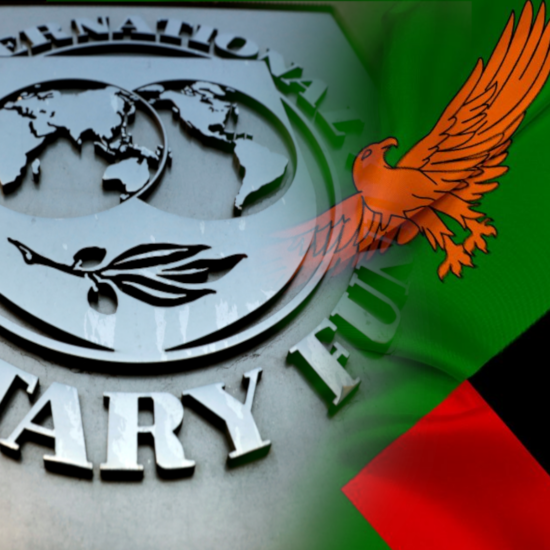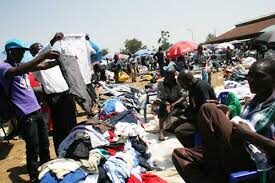
ZANACO bank Head of Economic Research Dr. Patrick Chileshe has cautioned that a strong kwacha has both positive and negative effects on the economy, stating that exporters for instance risk facing a drop in demand and sales.
Dr. Chileshe told the Zambian Business Times – ZBT that on the positive side, the cost of imported items or products will be relatively cheaper for Zambians but on the negative side, an appreciated currency makes Zambian produced items more expensive to foreigners and that should discourage them from importing from Zambia.
“We do import quite a lot of clothing, a lot of our processed foods, what that implies is that a stronger Kwacha would imply that these goods are going to be relatively cheaper”, he said.
Dr. Chileshe however said a strong kwacha could have a negative consequence on the country’s trade balance with other countries and will have a negative effect on the performance of the manufacturing sector-export sector.
“It is also going to have a bigger impact on the agriculture sector especially the those farmers that deal in the export of exotic products such as soybean, wheat, rose flowers and other cash crops which are generally traded in the US dollar, so it will have that negative impact on [some members] the farming community”, he said.
The Kwacha has continued to gain against major convertible currencies and according to sobank’s daily indicative rates, the dollar is being sold at K16.12 and buying at K15.82 as of 3 August 2022.
Zambia National Commercial Bank-ZANACO says its projections suggest that the kwacha will end the year 2022 trading in the range of K15.60-K15.80 to the United States dollar.
The Bank’s Head of Economic Research Dr. Patrick Chileshe said it is difficult to tell the impact of macroeconomic fundamentals on a currency but given the current conditions prevailing in the market, the country will experience a stable currency.
Dr. Chileshe told ZBT that there is a risk that if the United States of America (USA) continues to tighten monetary policy, there will be a flight to safety for most international investor funds and that should have a negative impact on the favourable trend in terms of the Kwacha trading against the dollar.
When asked to comment on what is behind the current gains the Kwacha is posting, Dr. Chileshe explained that the performance of the kwacha this week is largely due to the positive sentiments associated with the creditor committee’s agreement that they will give guarantees to Zambia as well as provide further relief in terms of supporting the government to restructure its debt.
He added that this development should be able to make government access the $1.4 billion bailout package, which is a three year extended credit facility from the International Monetary Fund (IMF).







